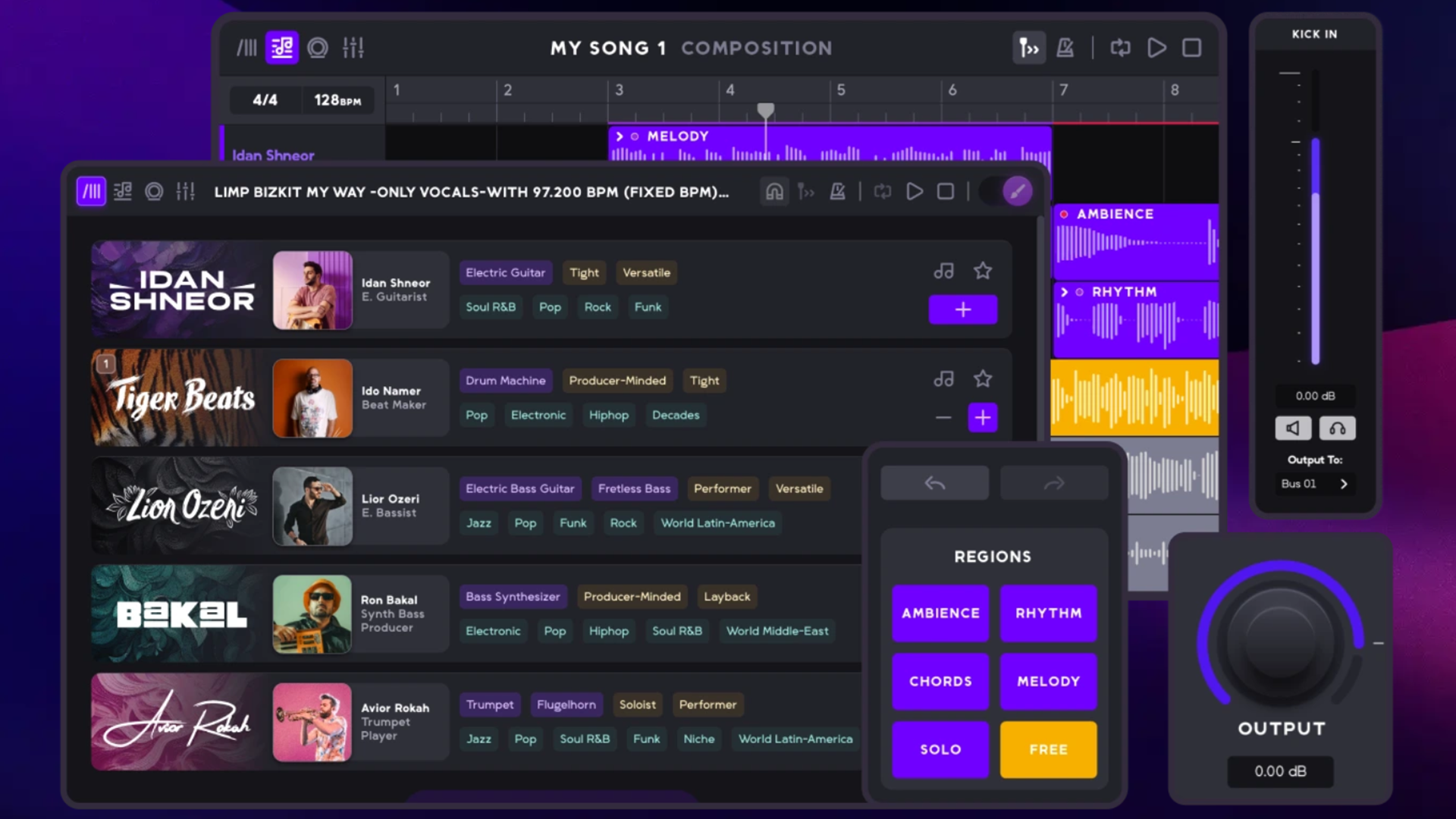Aiode Launches Desktop AI Music Platform Emphasizing Ethical Collaboration

Key Points
- Aiode launches a desktop AI music platform with virtual musicians.
- The tool allows precise regeneration of specific song sections.
- Real musicians whose styles are modeled receive compensation.
- Creators keep full control over output and retain rights.
- Desktop focus reduces latency compared to cloud‑based AI services.
- Aimed at artists seeking ethical, rights‑respecting AI collaboration.
- Positions itself as an alternative to cloud‑centric AI music providers.
- Technical challenges include potential phrasing and harmonic issues.
Music technology developer Aiode has introduced a desktop AI music platform that combines production tools with ethically trained virtual musicians. The platform lets creators regenerate or refine specific song sections while ensuring that real musicians whose styles are modeled receive compensation. Aiode highlights transparent model training, user control over output, and rights retention as core differentiators. The launch positions the company as a privacy‑ and rights‑focused alternative to cloud‑based AI music services, aiming to attract artists who seek precise creative control without compromising ethical standards.
Platform Overview
Aiode has released a desktop application that merges traditional music‑production software with artificial‑intelligence‑driven virtual musicians. The tool enables users to generate or refine particular parts of a track—such as a chorus or solo—without having to redo the entire composition. This targeted regeneration addresses a common criticism of AI music tools, which often lack fine‑grained control.
Ethical Commitment
The company emphasizes an ethical approach to AI training. Real musicians whose playing styles inform the virtual models are compensated for their contributions, and Aiode promises transparent training processes. Creators retain full control over the output and maintain rights to the resulting music, positioning the platform as a rights‑respecting alternative in a field frequently challenged by copyright and attribution concerns.
User Experience
In private testing, users praised the ability to adjust specific sections of a song while keeping the rest intact. The desktop focus reduces latency compared with cloud‑based services, allowing for a more responsive editing workflow. Aiode’s co‑founder and CEO described the platform as a tool that respects artistic intent and accelerates the creative process without relying on gimmicks.
Industry Context
Compared with other AI music providers that operate primarily in the cloud, Aiode’s desktop solution offers lower latency and more detailed editing capabilities. While competitors like Suno and Udio generate full tracks from prompts, Aiode encourages users to supply a structured outline and then augment it with virtual session musicians. This approach aims to reshape ideas rather than replace the entire compositional workflow.
Challenges Ahead
Despite its ethical positioning, Aiode may encounter technical hurdles such as phrasing mismatches, harmonic clashes, and awkward transitions inherent to AI‑generated content. The quality of virtual musicians depends on the breadth of training data, which could be limited by the company’s commitment to ethical sourcing. As AI‑generated music proliferates, the platform’s focus on attribution and compensation could become a competitive advantage, though questions about scalability and misuse remain.